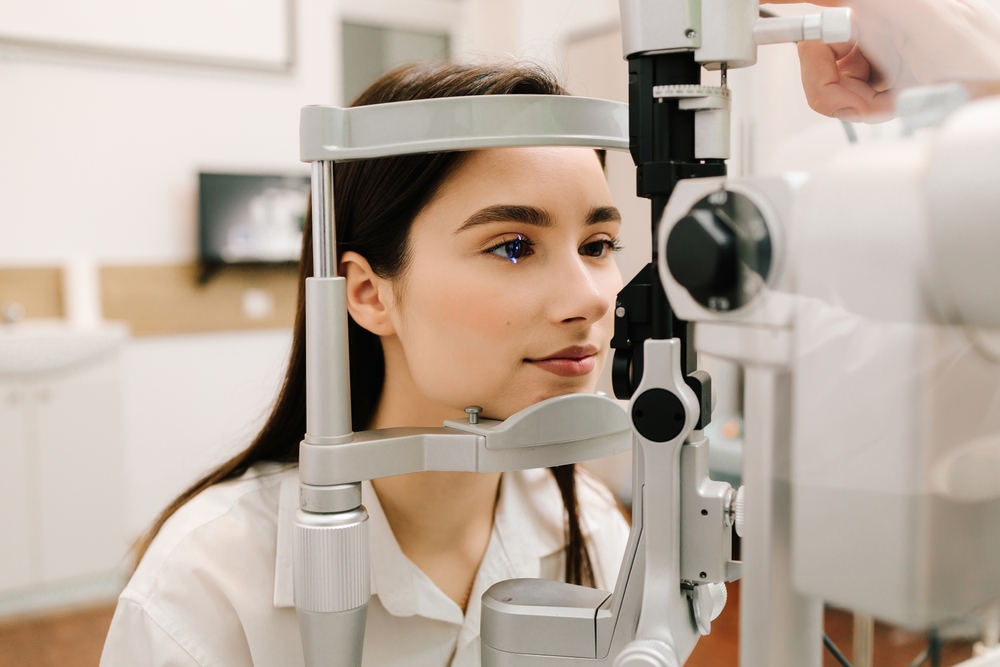
When people think of an eye exam, they often assume it’s just about checking vision or updating a glasses prescription. But a comprehensive eye exam does much more than that. In fact, your eyes can offer a clear view into your overall health. At Nash Eye Care, we believe routine eye exams are not just essential for protecting your sight, they may also help detect serious health conditions before symptoms appear elsewhere in the body.
A comprehensive eye exam is a detailed assessment of your overall eye health and visual function. It typically involves testing visual acuity, determining your exact prescription through refraction, and evaluating how well your eyes move and work together. The exam also includes a thorough inspection of both the internal and external structures of the eyes, checks how your pupils respond to light, and measures eye pressure to screen for glaucoma.
A dilated retinal exam is often performed to closely examine the retina, optic nerve, and blood vessels. Unlike basic vision screenings, comprehensive eye exams are designed to detect early signs of eye diseases and systemic health conditions that may otherwise go unnoticed.
The eyes are the only place in the body where a doctor can directly view blood vessels, nerves, and connective tissue without surgery. This gives optometrists a unique window into your body’s internal condition. Subtle changes in the retina or blood vessels can be early indicators of health issues that may not have presented symptoms yet.
During a comprehensive eye exam, your optometrist may detect signs of the following systemic conditions:
Diabetes: Diabetic retinopathy is often one of the first signs of uncontrolled or undiagnosed diabetes.
Hypertension: High blood pressure can cause changes in the retinal blood vessels.
High cholesterol: Cholesterol plaques may appear in the blood vessels of the retina.
Autoimmune diseases: Conditions like lupus or multiple sclerosis can lead to inflammation in various parts of the eye.
Thyroid disease: Graves’ disease and other thyroid conditions may cause bulging eyes or eyelid retraction.
Even if your vision seems fine, routine comprehensive eye exams are crucial. Many eye diseases like glaucoma, macular degeneration, and diabetic retinopathy develop silently without early symptoms. Detecting them early can prevent vision loss and lead to timely management of underlying health concerns.
Regular eye exams are especially important for:
Adults over 40
People with a family history of eye disease
Individuals with chronic health conditions like diabetes or hypertension
Children, to ensure healthy development and learning
Your eyes are more than just windows to the world - they’re also windows into your health. At Nash Eye Care, we’re committed to providing thorough, personalized eye care that not only enhances your vision but also helps detect and manage conditions that impact your well-being. Experience attentive service and advanced care tailored to your unique needs.
Schedule your comprehensive eye exam at Nash Eye Care and protect both your vision and your overall well-being. Visit our office in Nash, Texas, or call (903) 741-7720 to book an appointment today.